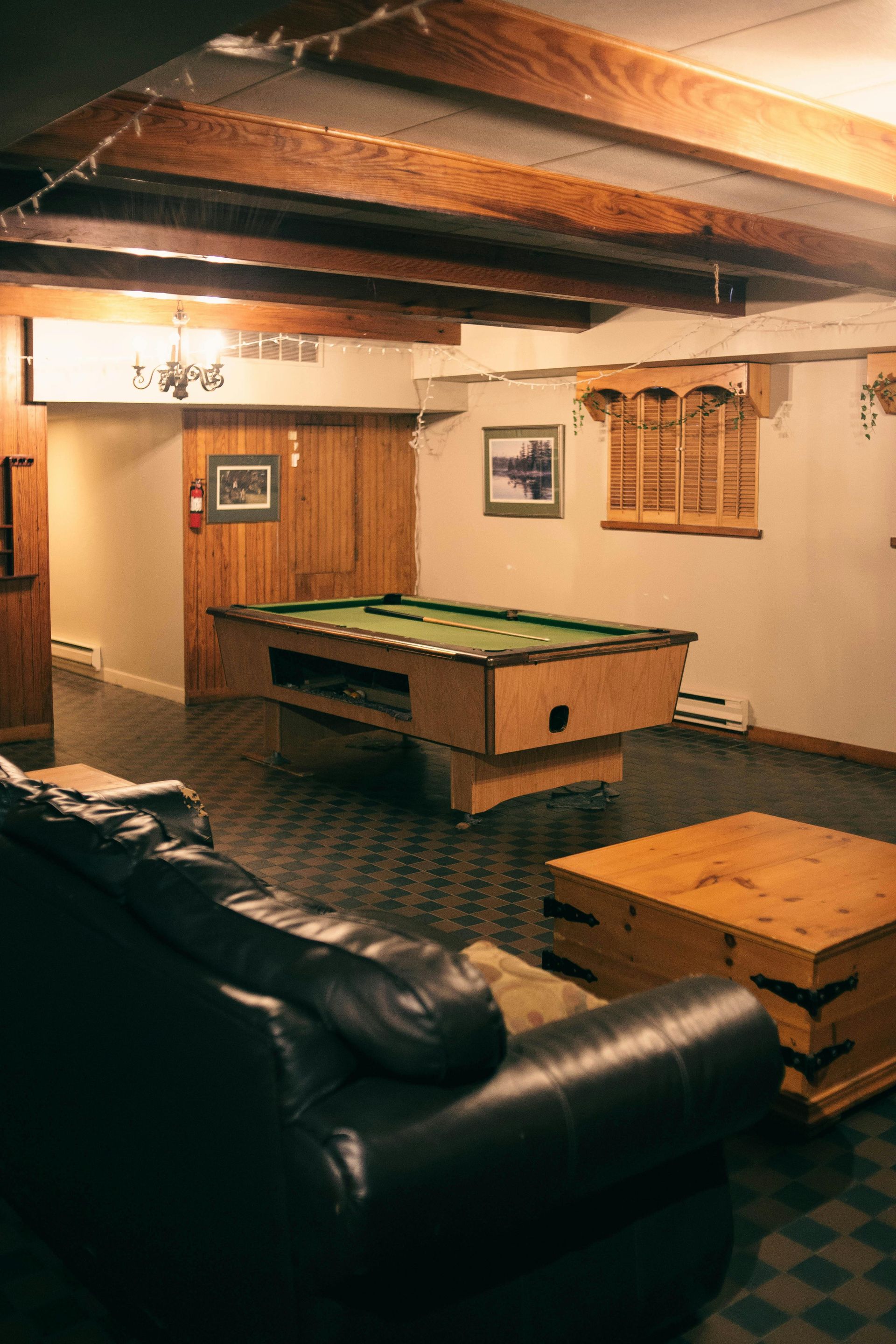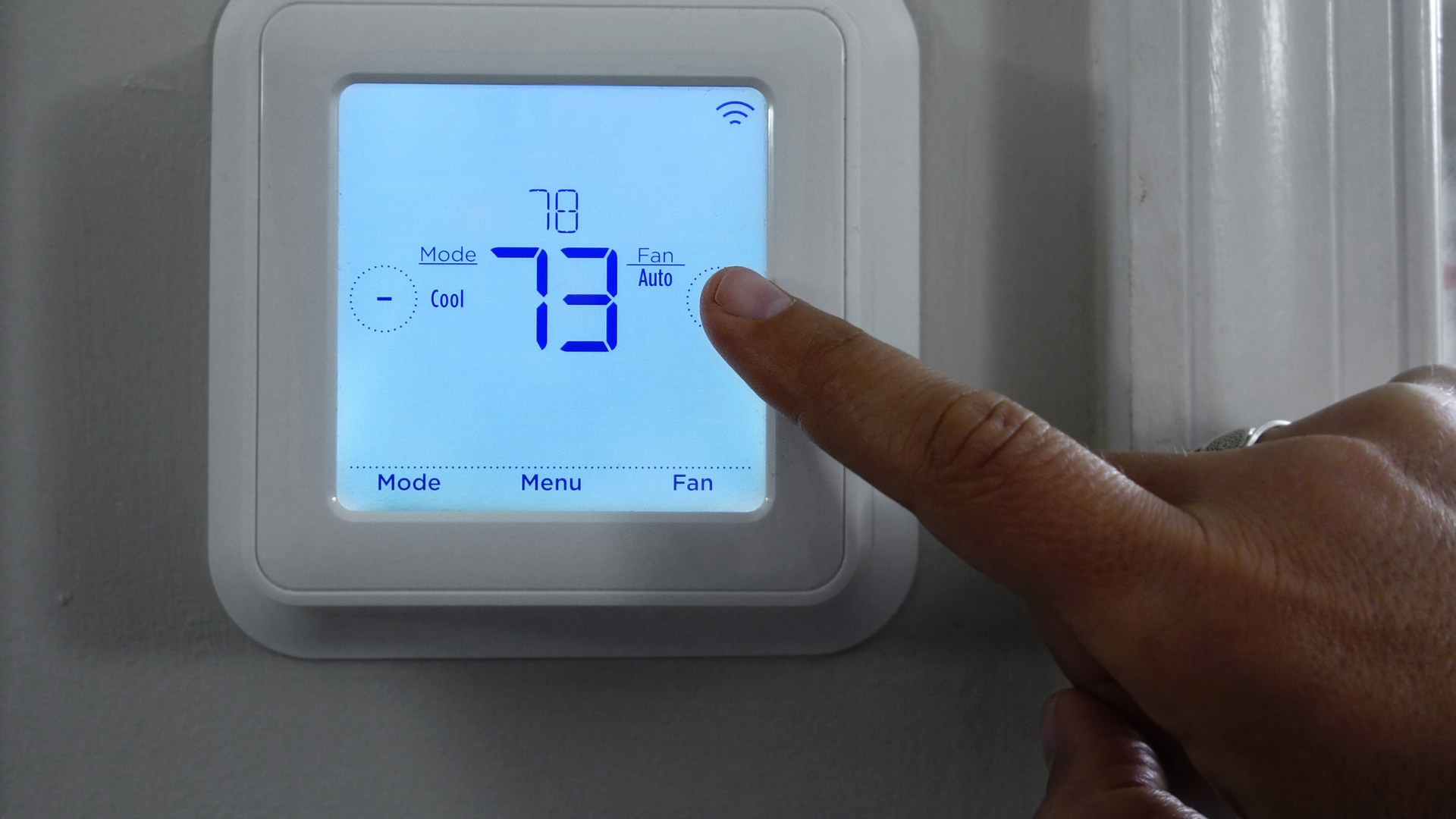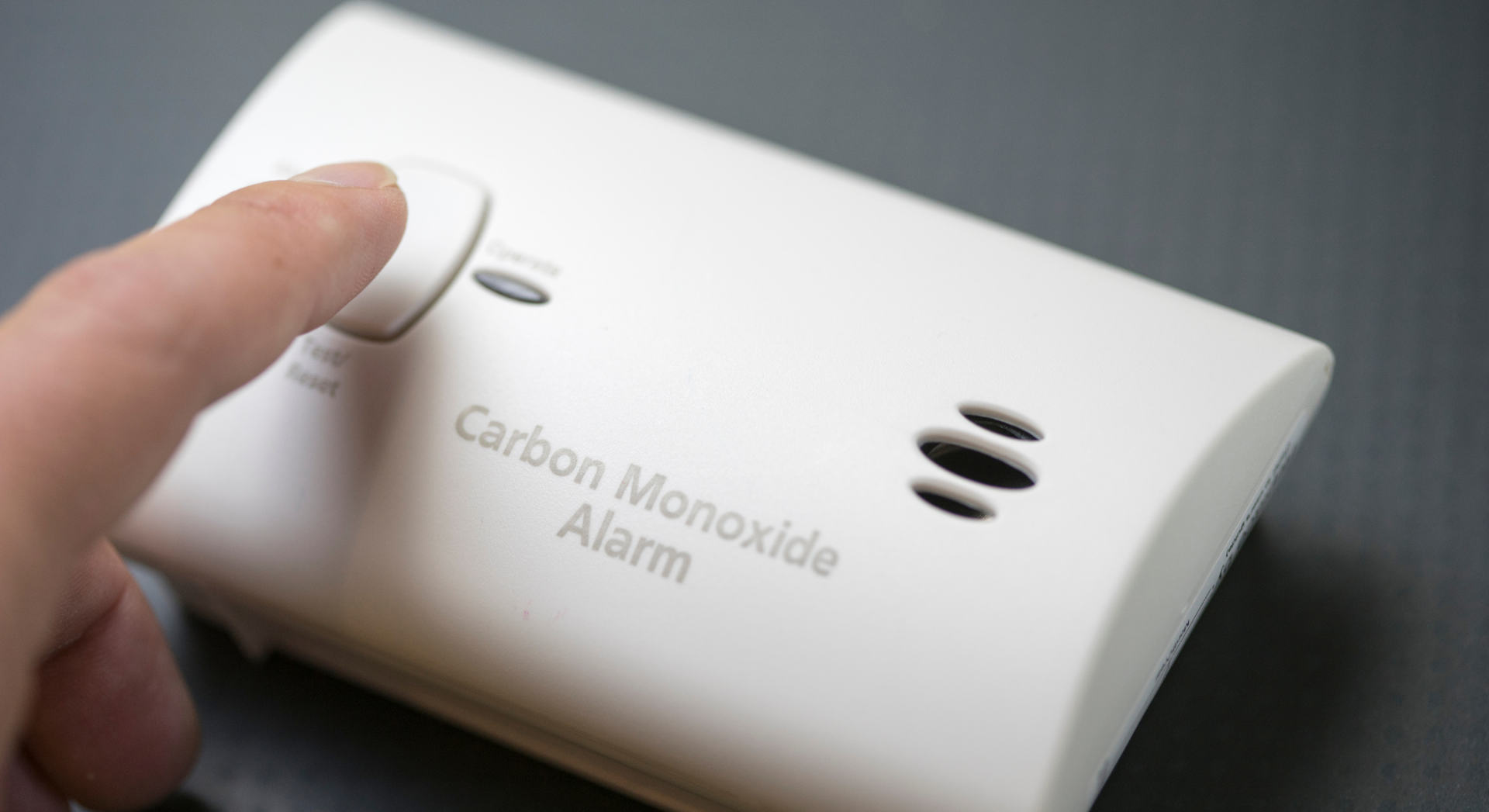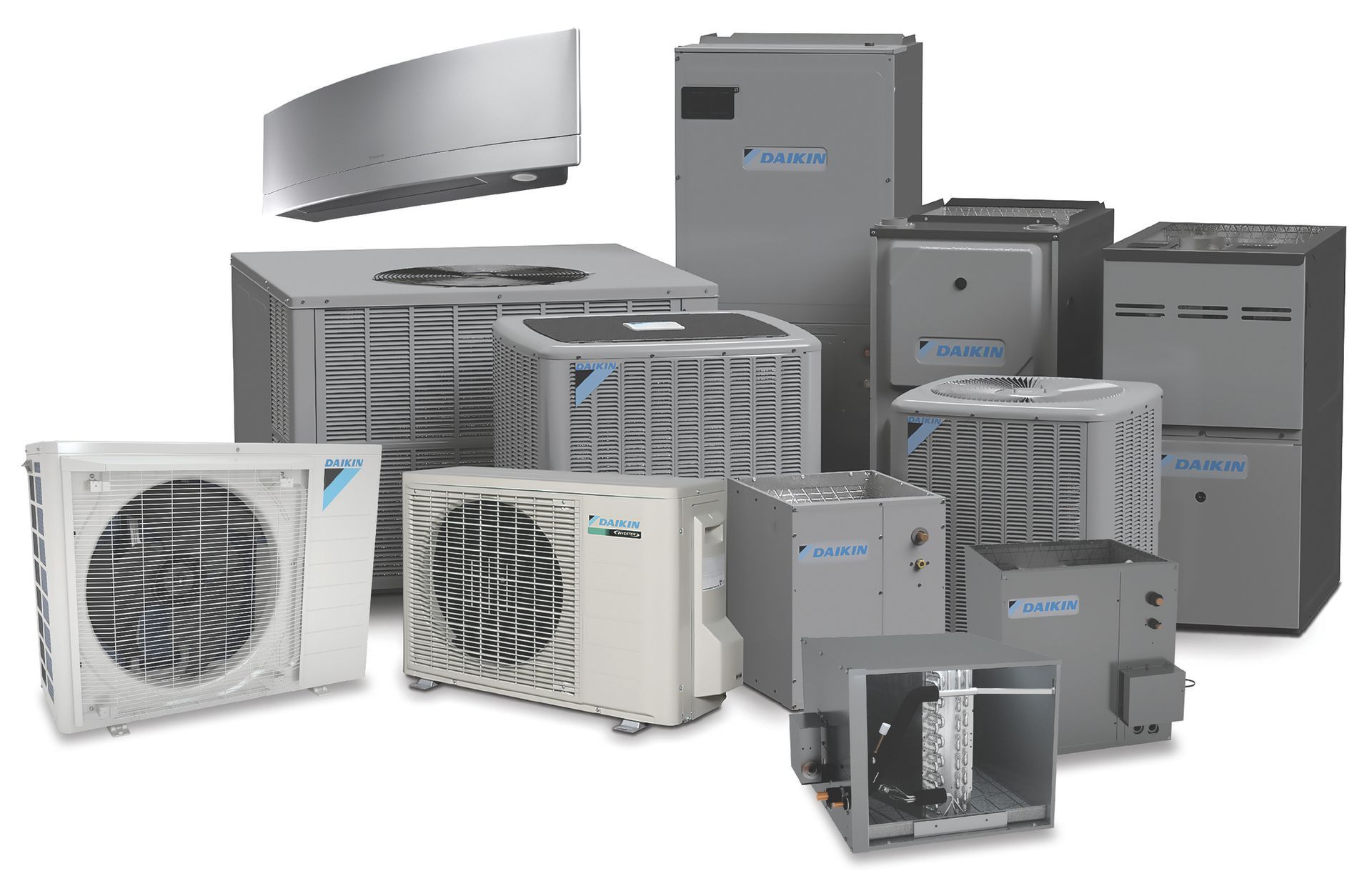The Best Way to Heat and Cool Your Basement: A Homeowner’s Guide
The Best Way to Heat and Cool Your Basement

Basements are no longer just storage zones or laundry rooms—they’re evolving into cozy living spaces, home offices, and entertainment hubs. But keeping them comfortable year-round can be tricky. Whether you're battling chilly winters or muggy summers, choosing the right heating and cooling solution is essential for comfort, efficiency, and long-term value.
Why Heating and Cooling a Basement Matters
Basements tend to be cooler than the rest of the house due to their underground location. While this can be a blessing in summer, it often means cold, damp conditions in winter.
Proper climate control:
- Enhances comfort for daily use
- Prevents mold and moisture damage
- Increases home value
- Supports energy efficiency
Heating Options: Pros, Cons & Considerations
Extend HVAC System
- Seamless integration, maintains home value
- May require ductwork upgrades; not zone-specific
Baseboard Heaters
- Easy to install, zone control
- Takes up wall space; less efficient for large areas
Radiant Floor Heating
- Even heat distribution, invisible setup
- Higher upfront cost; best for new construction
Space Heaters
- Portable, low-cost
- Temporary solution; safety and energy concerns
Gas Fireplace or Stove
- Cozy ambiance, powerful heat
- Requires ventilation; installation costs
Cooling Options: Pros, Cons & Considerations
Extend Central AC
- Consistent cooling throughout home
- May need ductwork expansion
Ductless Mini-Split
- Energy-efficient, zoned control
- Higher initial cost; wall-mounted units
Portable AC Units
- Flexible placement
- Requires venting; takes up floor space
Window AC Units
- Affordable, effective for small areas
- Needs a window; less aesthetic appeal
Dehumidifiers
- Reduces humidity, improves comfort
- Doesn’t cool air directly
What to Consider Before Choosing
Before committing to a system, homeowners should evaluate:
- Basement Usage: Is it a full-time living space or occasional use?
- Insulation & Sealing: Proper insulation reduces energy waste.
- Moisture Levels: Address dampness before installing any system.
- Budget & ROI: Balance upfront costs with long-term savings.
- Installation Feasibility: Some systems require professional setup or structural changes.
Final Thoughts
There’s no one-size-fits-all solution. For a finished basement used year-round, extending your HVAC or installing a ductless mini-split offers comfort and efficiency. For occasional use, portable heaters or AC units might suffice. And if you're starting from scratch, radiant floor heating paired with a mini-split could be the ultimate combo.
Click Another Article to Read More










